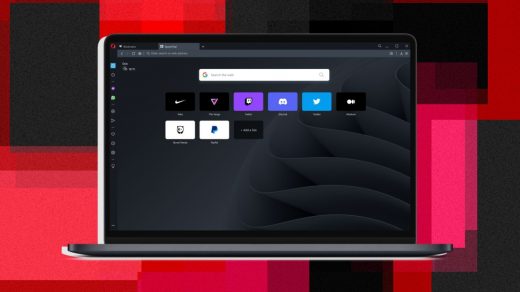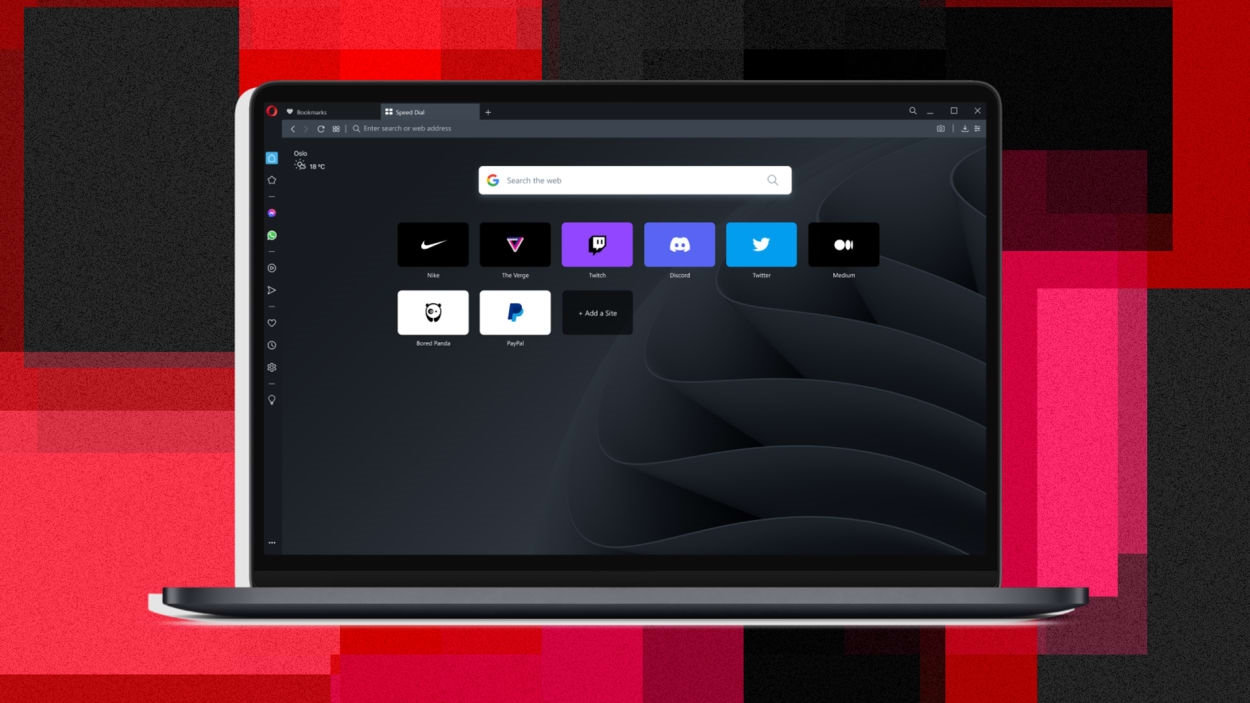How Opera plans to integrate generative AI into its browser
Generative AI has already been hailed by many as the future of web search, thanks to the adoption in the past week of chatbot integration by Google, Microsoft, and Baidu.
But Norwegian web browser Opera believes that generative AI will go far beyond search—deep enough to be integrated into people’s online habits at a browser level.
Late last week, Opera announced it would be integrating AI-generated content (AIGC) services to create images, text, and audio from user prompts into its PC and mobile-based browsers. Among the AI integrations Opera will be rolling out in the near future is a ChatGPT-powered tool that will summarize the content of web pages it loads via a “Shorten” button in the toolbar. The company plans to integrate other generative AI tools when they arise through mentions on its sidebar.
“Following the surge in demand and popularity of the many new services like ChatGPT and Midjourney, we are working with both multiple partners and in-house on different solutions,” Krystian Kolondra, Opera’s executive vice president for PC browser and gaming, tells Fast Company. “We announced plans for our first integration of generative AI features in the PC browser by demonstrating a webpage-content-shortening function connected to an AIGC service in the browser sidebar.”
Though Opera has only a 2.4% share in the web browser market, the announcement does set a precedent for what a web browser could look like in this new generative AI-dominated era. The company has a long track record of introducing easy-to-use integrations with third-party services within its web browser, from WhatsApp and Telegram to Spotify and TikTok.
Kolondra admits that Opera’s entry into the AI-generated world has been sped up by their rivals’ recent announcements, but claims that the company has been working on AI solutions for around 10 years. “The work on integrating AIGC services into our browser products is relatively new but being accelerated significantly,” he says.
Kolondra claims that Opera is integrating generative AI content-creation services into its browser at this early stage to help everyday users become acclimated to, and cognizant of, the way such tools could change their lives—both in terms of work as well as their free time.
“Moving forward, we are likely to see fundamental changes in how users and businesses function with AI, from a hyper-personalized web to full-stack enterprises implementing AI across their entire structures,” he says. “This is clearly disruptive for people, businesses, and our societies, and we believe it’s important to empower people to be at the forefront of this transformation.”
Kolondra admits his company has hard work ahead to ensure it stays on the right side of the many ethical concerns around generative AI, particularly regarding copyright and disinformation. But Kolondra says that it’s better to be on the front foot in that evolution, rather than racing to catch up.
“We believe independent companies like Opera play important roles both in terms of being able to drive certain end-user-focused agendas forward as well as pursuing strategies that empower people with more choices and options, as opposed to those companies that primarily focus on their own solutions and ecosystems,” he says.
(19)



